Wave vs. QuickBooks: Which Accounting Software Should You Choose
Effective financial management depends on the type of accounting software you select. Two widely used options are Wave and QuickBooks. Each has special characteristics that fit many kinds of users. Startups and freelancers would find Wave perfect since it is free and basic. Conversely, QuickBooks provides powerful tools for expanding companies seeking more customizing.
Knowing the advantages and disadvantages of both systems enables you to make an informed decision. Small companies sometimes require reasonably priced accounting tools with the necessary capabilities for beginnings. This comparison addresses usability, cost, customer service, and other important elements. This guide will deconstruct what you need to know if you want the best small company accounting program.
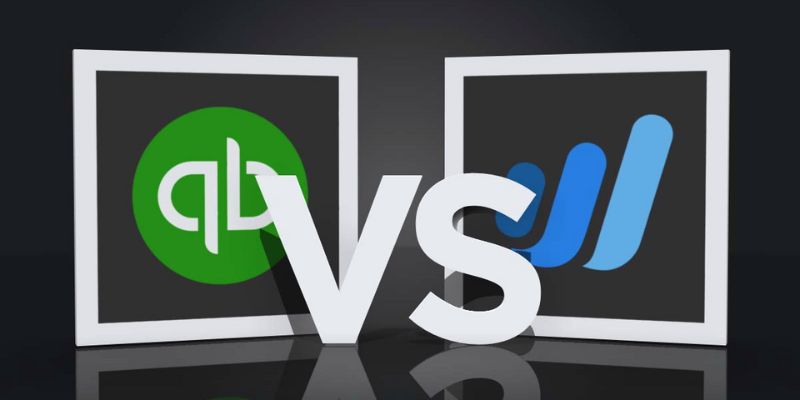
Comparing Core Aspects of Wave and QuickBooks
When choosing accounting software, it's wise to compare key capabilities side-by-side. Every element influences your choice greatly, from simplicity of use to affordability and scalability. The following sections examine Wave and QuickBooks's performance.
Ease of Use
Wave has a straightforward dashboard and a neat appearance. Most elements are readily available. Users may examine reports, manage costs, and rapidly make invoices. Starting requires no knowledge of accounting. Though its learning curve is longer, QuickBooks boasts more sophisticated tools. New users may need time to navigate all its features. It does, however, provide support and lessons to get one going. For novices and freelancers seeking rapid access to fundamental tools, Wave is excellent. For individuals who wish greater control and customizing, QuickBooks is better. An easy accounting system cuts uncertainty and saves time. While Wave picks things faster, QuickBooks gets simpler once known. Pick depending on your level of comfort with accounting software.
Features and Functionality
For small business owners, Wave provides basic capabilities. You can track revenue, issue bills, and control spending. It also encourages receipt scanning and bank connections. QuickBooks advances project tracking, inventory control, and payroll choices as well. It covers thorough reports and budgeting instruments. Growing businesses find these tools useful. Wave suits freelancers or very tiny companies needing just basic operations. Larger teams or growing companies will find QuickBooks more adaptable. Advanced QuickBooks capabilities are well worth the expense if you intend to grow. Consider the tools your company currently and, in the future, require. Both sites have simple access smartphone apps available. Choose depending on the degree of functionality required daily.
Pricing and Value
One free accounting solution that jumps out is Wave. Basic accounting tools come without monthly fees. Users pay just for payroll or payment processing. That makes it a great choice for companies with limited budgets. Beginning with a monthly cost, QuickBooks offers several pricing options. Higher levels provide more features. Though it costs more, it provides tools that increase output and save time. If your company has complicated needs, QuickBooks offers good value. For free necessities, Wave is excellent. Think about the budget your company can afford. Consider also the elements you need. Startups' affordable accounting systems must strike a mix between cost and utility. If you wish free access, Wave is perfect. Businesses eager to make investments find QuickBooks more suitable.
- Customer Support and Resources
Wave offers a web help center and email support. Finding articles and tutorials is simple for users. But unless you pay for it, live support is limited. QuickBooks provides phone, chat, and even screen-sharing assistance. Additionally, there is a sizable community forum. QuickBooks facilitates faster and more thorough support. For those who want little assistance, Wave performs effectively. QuickBooks is better for those who need regular assistance. Regular upgrades and fresh features abound in QuickBooks as well. Support becomes increasingly important as your company expands. QuickBooks shines in this area if you appreciate having someone to call. Still, for many small business owners, Wave's self-service tools are sufficient. Pick depending on the expected level of support.
Integrations and Compatibility
QuickBooks integrates with hundreds of third-party applications. These cover time-tracking applications, payroll services, and CRMs. It performs admirably with other corporate systems. It helps if you utilize several platforms. Wave provides the foundations but fewer integrations. It ties up with several banking instruments and payment systems. Companies with basic operations could find Wave enough. For businesses requiring several app integrations, QuickBooks offers greater flexibility. QuickBooks integrations will help you more broadly the more products you use. Think also about the platforms you now employ. Select the program best for your present working environment. Compatibility reduces manual work and errors. If you wish things to go together, integration is essential.
Security and Data Protection
Both platforms give security much thought. Wave safeguards user data by use of encryption and secure servers. Additionally, QuickBooks has top-notch security guidelines. It comprises regular backups and multi-factor authentication. On both platforms, secure cloud systems house data. QuickBooks allows better user-role management, which is helpful for teams with varied responsibilities. Wave keeps things basic with few choices for personalizing. If your company deals with sensitive data, security should be given priority. Both tools follow excellent practices. Still, QuickBooks gives more freedom for handling data security. Sort the security requirements of your company. Both choices give good protection, but depending on your configuration, one could give you more peace of mind.
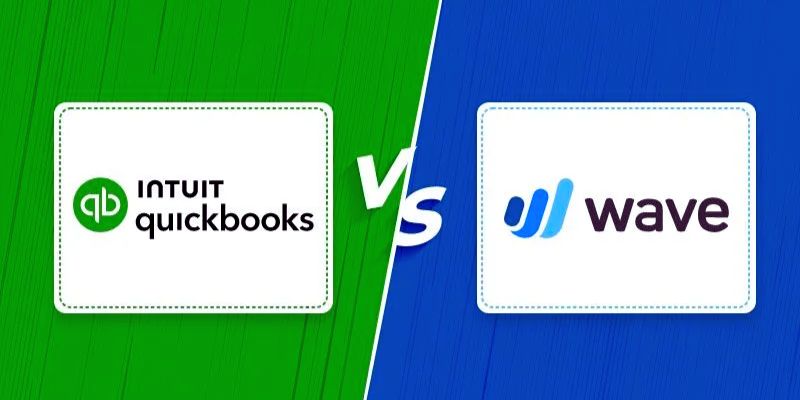
Scalability and Growth Potential
For freelancers and very small teams, Wave is perfect. It lacks features for more extensive operations but meets fundamental needs quite satisfactorily. Your company can outgrow Wave's products as it expands. Quick Books grows with your business. It supports several users and sophisticated capabilities. Add reporting, inventory tracking, payroll, and other things. QuickBooks expands with the demands of your company. That is crucial, especially if you intend to grow or hire staff members. Wave is a great starting point. For complex financial tasks, QuickBooks is the better option. Consider where your company will find itself in one year. Selecting the best small business accounting system means getting ready for expansion. QuickBooks provides tools that support your long-term business goals.
Conclusion:
Your company's size, requirements, and budget will determine which of Wave and QuickBooks best fit you. Wave is a user-friendly accounting tool perfect for startups and freelancers with few demands. QuickBooks is a great tool for companies hoping to expand and need sophisticated capabilities. If you're looking for affordable accounting tools for entrepreneurs, Wave is hard to beat. QuickBooks provides excellent long-term value, nonetheless, for those eager to make investments in utility. Always make decisions based on your company objectives and the required degree of support. The ideal small business accounting program should expand with you.
Related Articles

The Best Project Management Tools for 2025: Trello, Asana, and More
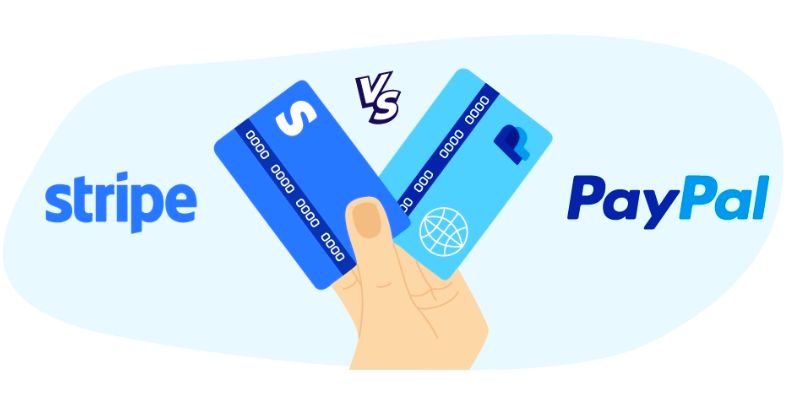
Stripe vs. PayPal: Which Payment Processor Is Best for Your Business
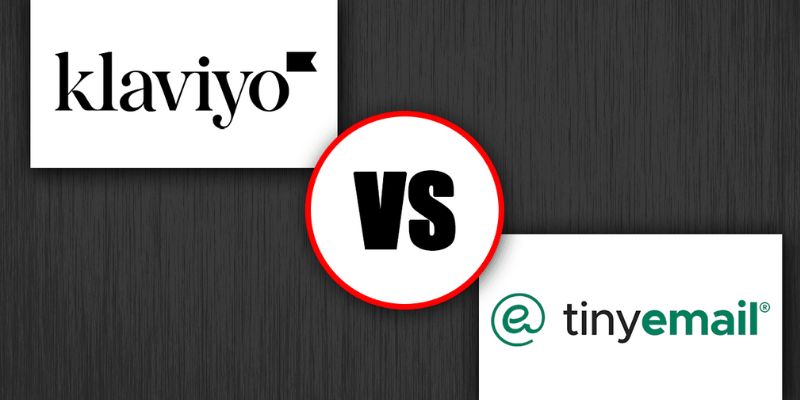
Klaviyo vs. tinyEmail: Which is Best for Your Email Marketing
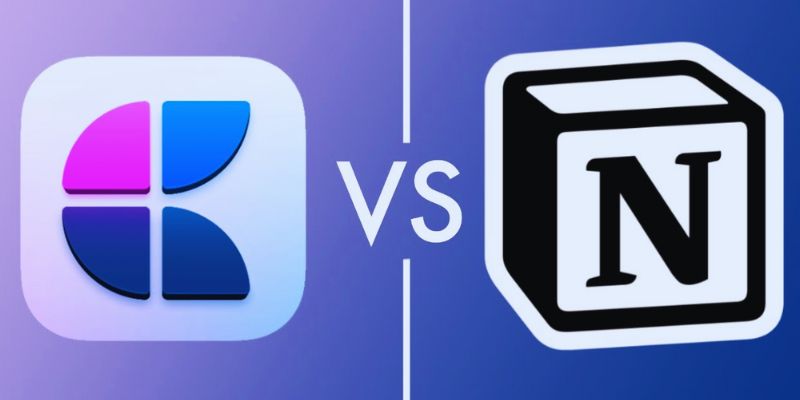
Craft vs. Notion: A Detailed Comparison to Find the Best Option

Top Online Graphic Design Tools for 2025: Canva, Figma, and More
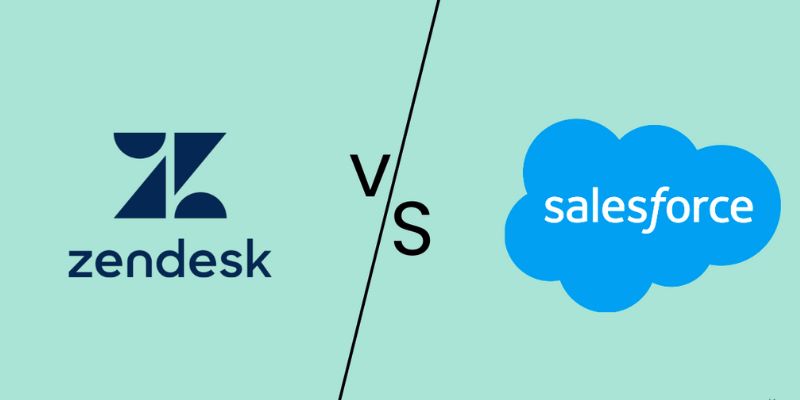
Deciding Between Zendesk and Salesforce: A Comprehensive CRM Guide
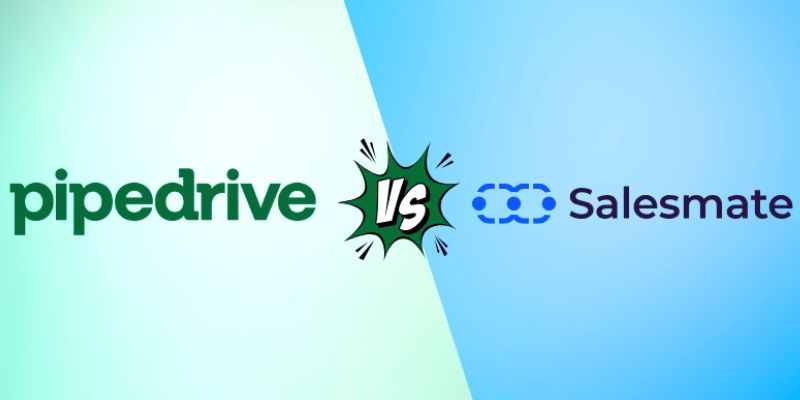
Pipedrive vs. Salesmate: A Detailed Comparison to Find the Best CRM

Tools That Power Email Campaigns: Mailchimp, HubSpot, and Beyond
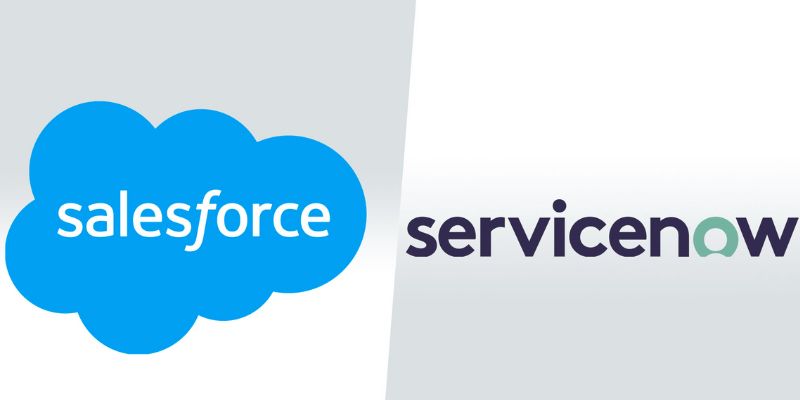
Salesforce vs. ServiceNow: A Comprehensive Guide to Choosing the Best

How to Train ChatGPT on Your Own Data: A Step-by-Step Guide For Beginners

Streamline Your Workflow with These Powerful Social Media Platforms
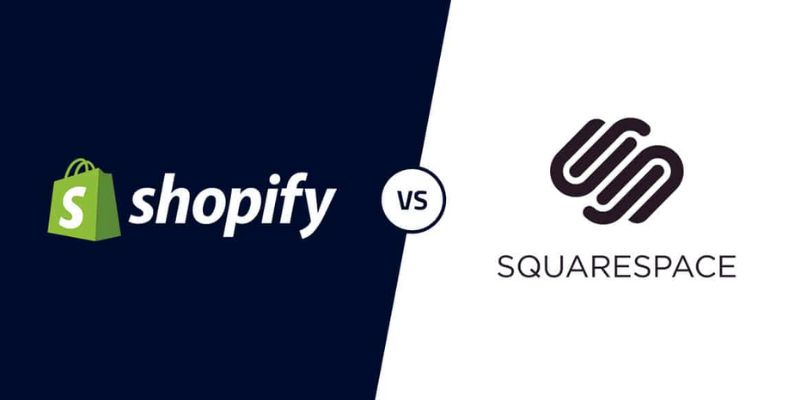
 knacksnews
knacksnews